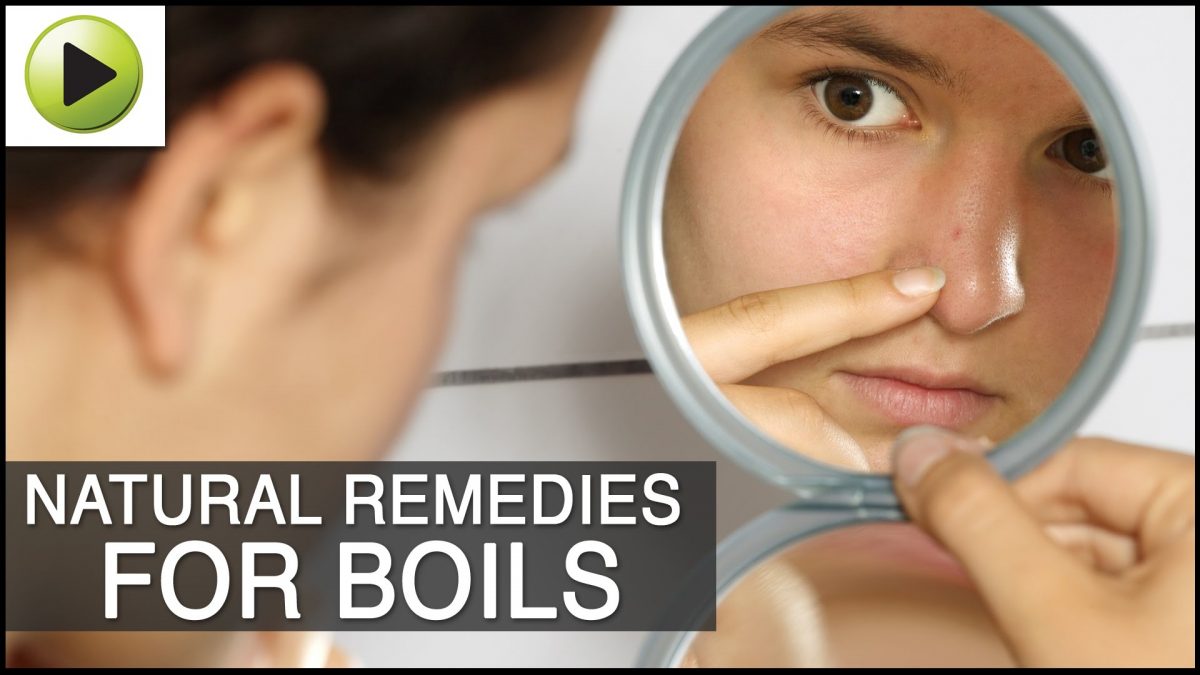Pet Healthcare Tips – Caring for Horses During Winter Seasons

Horses are more sensitive to colder temperatures, and you have to take some precautions in order to maintain the good health of your pet horses during the winter months. Veterinarians suggest specific care standards for horses during winter in terms of water consumption, food, adequate shelter, need for exercise, hygiene, and hoof care.
Some quick facts on horse care in winter
- Supply warm water between 45° F to 65° F.
- Provide additional hay to feed on colder days.
- Ensure easy and all-time access to shelter.
- Perform hoof care regularly.
- Let a vet assess the physical condition of the horse regularly.
- Evaluate the facility for proper ventilation.
- Meet proper nutritional needs.
Horses need more water during winter
One primary thing to take extra care during winter is to get horses to drink more water. This will help to prevent risk for dehydration or colic. A 1000-pound horse may have to drink at least 10 gallons of water on a winter day. During the summertime, the lush pastures horses eat may contain 80 percent moisture, which will contribute abundantly to their water needs. However, during winter, the feedstuff may contain only 15% of lesser moisture.
The TVG suggestion to assure proper hydration is to monitor the fecal moisture level. If you find the fecal material very dry and hard, it indicates dehydration and may cause impaction or intestinal blockage.

How to encourage a horse to drink more during winter?
- As discussed in the quick facts, the water temperature should be kept between 45° to 65° F. It is found that the ponies tend to intake more water on finding the water temperature above freezing during cold winter time.
- It is also necessary to increase the sale intake of your horse. An adult horse may ideally consume two ounces of salt daily.
- Clean the waterer regularly.
- Ensure fresh, clean water supply all the time.
- On using any tank heaters, check the wires for any damage and also check the water for electric shocks.
Adjusting feeding during winter
Horses need additional energy in order to maintain their body temperature during colder days. The lower critical temperature for horses will be 41° F with summer coat and that with a winter coat may be 18° F. It is estimated that for each degree drop below 18° F as the critical lower temperature during winter, a horse requires one percent additional energy in the diet to stay active. Forage can be one best source of add-on energy during wintertime.
Some have a misassumption that more grain feedings will help keep the horses warmer. However, the fact is that the digestion and absorption of grains won’t produce as much heat compared to the microbial fermentation process of forage. So, giving more forage can certainly increase the microbial fermentation which will help keep the horse warmers.
A 1000-pound adult horse needs about 16 pounds hay daily if the temperature is 18° F. An additional 2.5 pounds may be needed if the temperature drops down to 0° F. Energy requirement may be higher if the horse doesn’t have access to a proper shelter.
Apart from all these, you also need to be in close contact with the veterinarian too to do routine checkup of your horse during winter time to ensure good physical health and tolerance.









